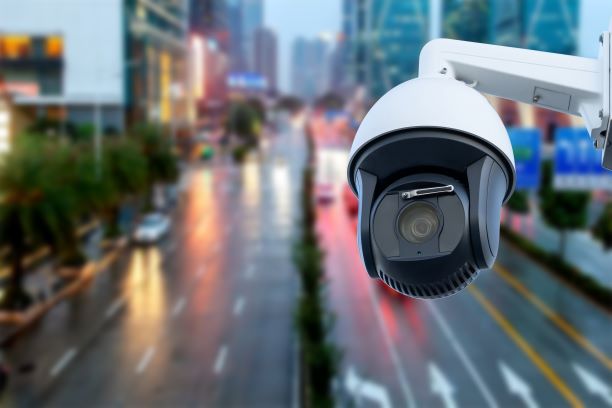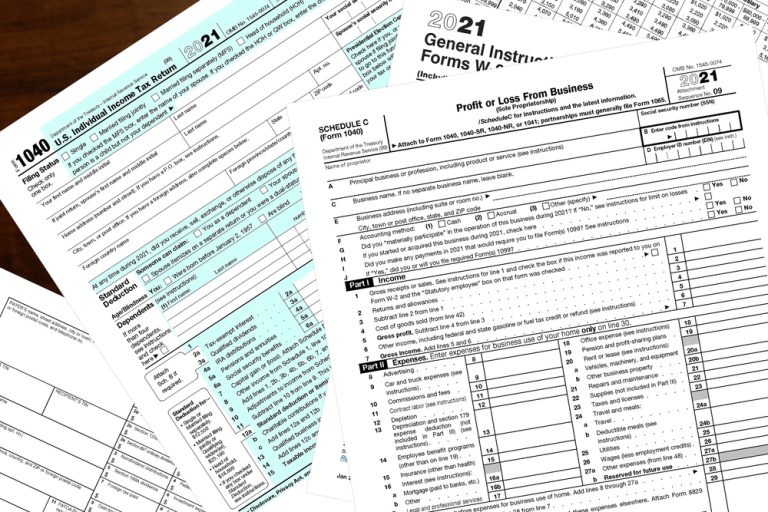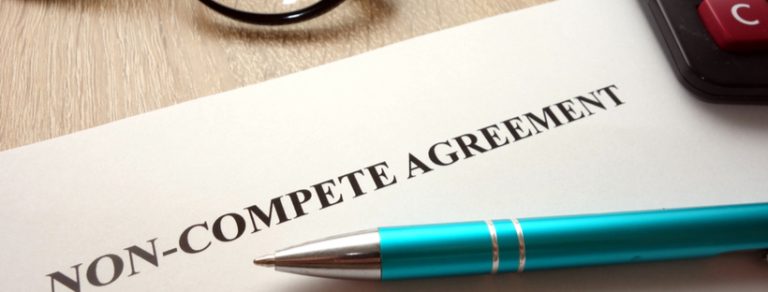Emails, Smart Phones, Social Media and Employment Issues Oh My!
Emails, Smart Phones, Social Media and Employment Issues Oh My!
Today’s economic environment has led employers to expect more productivity out of fewer people, yet studies show that as much as 20 % of an employee’s time is lost to internet surfing and social media in the work place. The United States Supreme Court has recently decided on a case involving the employer’s right to monitor an employee’s personal text messages on a company owned PDA. The Court’s ruling should help guide employers in this gray area which was once thought to be permissible as long as there was a policy in place.
My employees all carry mobile phones in order to stay in touch with clients and respond quickly to their needs. It’s come to my attention that some clients are contacting employees after business hours – should I be compensating employees?
This is a very tricky area with the Department of Labor. Ultimately, the answer is going to depend upon the amount of time required or expected each employee who is using a smart phone for the benefit of the employer. If they are working at home or on the road with a Smart Phone with the employers knowledge and consent, then the employer will have to devise a way to capture the time to pay the employee if he or she is an hourly employee and not exempt from overtime. The employer should adopt clear policies informing when employees can use their smart phones to conduct company work. Employers should not be forced to pay for those when they check their emails excessively however, the employees should not be expected to answer his bosses emails at all hours of the night. Training on when a smart phone is permissible is the key.
Can I monitor employee use of social media and the internet?
With regards to monitoring internet usage on company-owned computers and smart phones, an employer must have explicit policies that state the employee has no expectation of privacy on any company owned computers, PDA’s or Smart phones. There must be examples of specific permissive uses and restricted sites. Because monitoring is a legal issue, the policies must be in place first and the employees should be required to sign this policy so that there is no confusion they were on notice that they were subjected to being monitored.
Additionally, there is software that can block the use of employees visiting common social networking sites such as Face book or Twitter, but many employees can use their smart phones to skip the employers safeguards. Again, the policies must say no to social networking unless the specific job description requires this form of networking such as in the PR field. Policies alone will not work. Training is the key.
Can employers monitor the use employee’s use of personal smart phones? What is the best policy and, even more important, how can it be enforced?
Yes. Employers may monitor that use of personal smart phones during the work day.
The employer may tell employees that they can use phones on their break. All other phone calls should be sent through the employer’s receptionist. This will help the employer know who is working and who is chatting on the phone instead of working. Monitoring of Smart Phones should be done after policies are in place. An employer can audit employees but should treat all employees equally.
What constitutes online bullying and harassment? And, how can an employer regulate it?
There are many legal pitfalls with supervisors sharing inappropriate You Tube videos or jokes through emails. Some subordinate employees may feel compelled to laugh when in fact they are deeply offended by the jokes. Others that are the direct target of the inappropriate videos or jokes can feel helpless and bullied to the point of quitting. Lawsuits are often generated when an employer let’s the culture of the company be defined by supervisors who constantly use the internet to discriminate against coworkers or a class of employees.
A swift investigation is needed as soon as an employer learns of a cyber- bullying or harassment incident. Policies need to be enforced and consistent discipline to the offender needs to follow. Cyber-Bullying is defined by the company’s policies. Generally, this is the repeated use of the computer or smart phone to harass a coworker based upon the subjective or objective trait that the bully feels is subject to being exploited. Employers can regulate bullying by having an open door policy so that any victim can make a complaint and know that their complaint will be investigated.
We do some work for state government agencies. Are there any special policies that should be in place to monitor communications with the agencies’ personnel?
If you do work with a state agency, you should be aware that the broad Florida public records law can apply to many of your communications. You may also have to store records depending upon the functions your company performs for the agency. If you are delegated a function of the government such as being responsible for all health care in the county jail, your firm may be subject to many of the requirement of the Florida Public Records Act.
Once I have a policy in place, how often should employees undergo training?
Once an employer has policies in place regarding all of these fast changing technologies, annual training is a must. Many new ways of communicating are coming online every day and every employee has to know what is and is not permissible.
The current Supreme Court is struggling with many of these online issues and as technology changes legal updates are a must.









